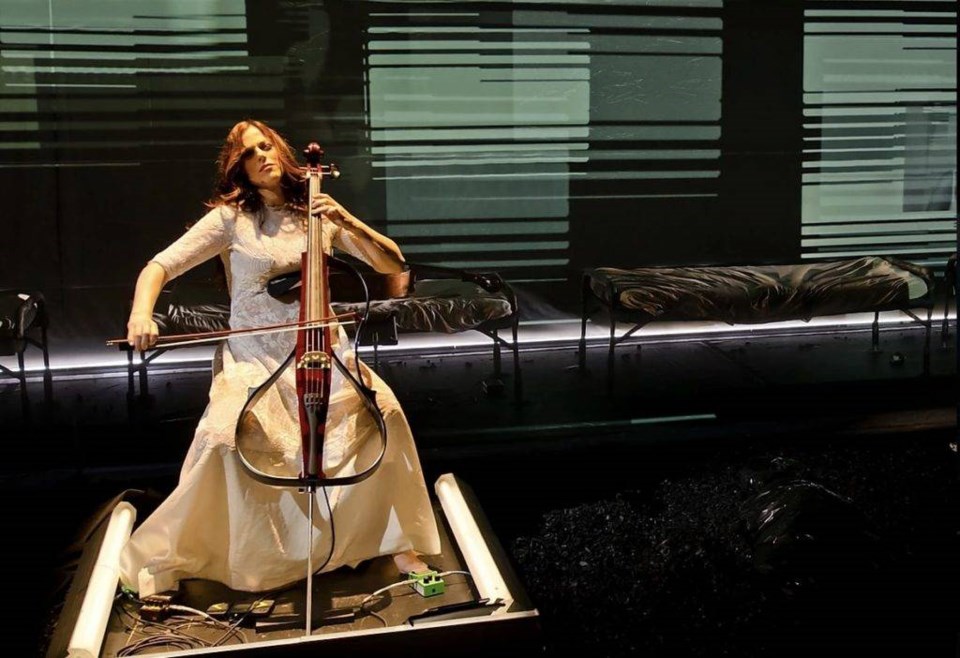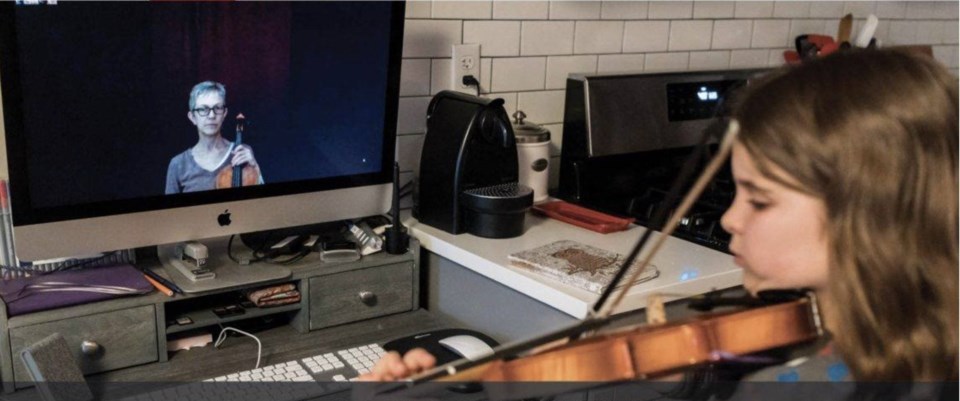NYC's vibrant arts and cultural sector has endured extraordinary challenges over the past weeks, and according to a new report by Center for an Urban Future, the future remains uncertain for the small, more vulnerable arts organizations in Brooklyn.
"Concentration of the small venues in Brooklyn coupled with the particular vulnerability of smaller organizations in this crisis means that in a lot of ways, Brooklyn is probably being hit the hardest when it comes to small scale community focused arts and culture," said Eli Dvorkin, editorial and policy director for the Center for an Urban Future.
Small arts organizations in Brooklyn, including independent theaters, museums, performance venues and arts education organizations have had to shut their doors in an effort to contain the spread of COVID-19.
"Brooklyn has been gradually becoming an epicenter for emerging artists and it is where artists, presenters and producers move due to its affordability," Dvorkin added, "but these are the same venues that have no ability to withstand a crisis on this level."
Unlike large institutions like the Met, small organizations lack the endowments and large donor bases placing them on the brink of insolvency.
For small art organizations, a vast majority of their income is earned revenue, and due to social distancing guidelines, they have been forced to cancel nearly every event, opening, workshop and public programs.
"We spoke with organizations that were around before and after 9/11 and the Great Recession, and across the board, everybody we spoke with told us that this time it's different, worse," said Dvorkin.
He added, "The unpredictability of the duration of the shutdown is really without any parallels."
For example, according to the report, roughly 70 percent of the Brooklyn Conservatory of Music's FY 2020 budget-- $3.3 out of $ 4.7 -- million comes from earned revenue. Staff are uncertain which of this year's off-site contracts will be honored, and how the economic crisis will impact on-site class enrollment for the coming fiscal year.
The Fort Greene-based conservatory also is worried about decreased donor and foundation charitable contributions. Contributed revenue makes up roughly $1.25 million of the budget. Currently, the organization is offering remote music classes for those students that want to continue their studies. But the conservatory was forced to cancel its annual spring fundraiser, losing a major source of donations in the process.
Eric Timothy Carlson, Brooklyn-based interdisciplinary artist and art director, has supported himself with an independent studio practice for more than a decade. This year promised a number of exciting opportunities, including a video project that would have earned $30,000 for Carlson and a collaborator, and $10,000 to $15,000 in other projects.
All these projects have been delayed and face uncertain futures.But as Carlson explains, the loss is not only financial: the cancellation or delay of exhibitions and other projects reduces opportunities for exposure, with lasting effects.
"It's not just an immediate relation of work to payment," he says. The longer the disruption lasts, the harder it is maintain the momentum of current projects or gain support for future endeavors. "For every delay, it's not only a matter of this year, but it's a matter of the next few years."
Brooklyn-based Beth Morrison Projects, which produces contemporary opera and music-theater, had to cancel eight tour engagements and two workshops, resulting in a projected loss of $800,000 in gross income- a fourth of its $3 million operating budget. So far, the company has been forced to eliminated two positions from a staff of nine.

With 60 to 70 percent of the company's budget dependent on earned income, BMP is highly vulnerable to the crisis's impact. The company also continues to pay out $60,000 in overhead costs, including rent, salaries, and storage, and were recently forced to eliminate two positions from a staff of nine. At the same time, the company is also seeking ways to compensate artists for cancelled performances.
"We have never incurred a deficit in our 14-year history," said founder Beth Morrison. "Not even during the economic downturn. Over the years, we have built a modest cash reserve that, at this time, we expect can keep BMP operating through August. After that, it's less certain."
While theaters are shuttered, BMP is keeping the work of its artists out in the world by offering an "Opera of the Week," streamed on its homepage for one week every Thursday at noon.
Many artists are participating in mutual aid networks, making ends meet collectively while waiting on emergency government assistance. Some are counting on the New York Community Trust's $75 million Covid-19 Response & Impact Fund, emergency grants from the NYC Department of Small Business Services, future initiatives from the Department of Cultural Affairs, or the potential of an expanded federal relief package.
The crisis should serve as a cautionary tale for governments on how they can be better prepared to support small organizations, said Dvorkin.
"Many organizations-- if not most-- will be able to survive a crisis like this as long as there is sufficient funding and opportunities to maintain their staffing and costs like rent, insurance and facilities, to get to the other side of the crisis when things are able to reopen."




